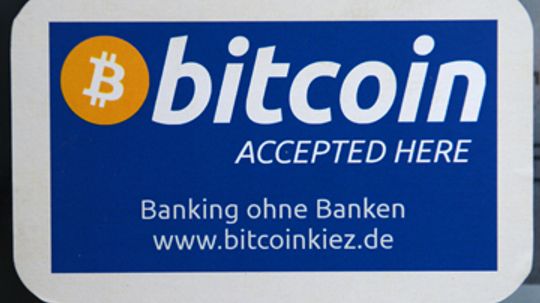So, apparently the big bad IRS has decided to stick its nose into the world of virtual money. Can you believe it? These guys just can’t resist finding new ways to squeeze every last penny out of hardworking folks like you and me. But hey, who needs real money when we’ve got these fancy digital currencies, right?
Absurdity at Its Finest
Now, I don’t know about you, but I always thought that virtual money was just a fun little game for tech-savvy nerds. You know, something they use to buy imaginary weapons or build make-believe empires in their mom’s basement. But leave it to the IRS to ruin all the fun by trying to tax this pretend cash.
I mean, come on! How are they even going to enforce this nonsense? Are they going to send virtual auditors into our online worlds and demand we pay up with cyber coins? It’s like watching your grandpa try to figure out how Snapchat works – hilarious and completely clueless.
The Taxman Cometh… Virtually
According to these bureaucratic geniuses at the IRS, virtual currencies like Bitcoin should be treated as property for tax purposes. So now not only do we have to worry about paying taxes on our real-world earnings but also on our digital loot from slaying dragons or whatever those gamers do.
But here’s where things get really ridiculous – if you sell your precious Bitcoins at a profit (good luck with that), you’ll have capital gains tax obligations. That means keeping track of every single transaction in your fantasy realm and reporting it accurately on your tax return. Talk about a headache!
A Brave New World of Taxation
So, my friends, it seems like the IRS is determined to bring its tax-collecting claws into every corner of our lives – even the ones that exist solely in our imaginations. But fear not! We can still fight back against this absurdity by demanding a tax code that makes sense and doesn’t treat virtual money like real-world assets.
In conclusion, let’s all raise a glass (or a digital mug) to the brave souls who dare to challenge the IRS’s attempt to tax our make-believe fortunes. After all, if they can’t even understand how emojis work, what chance do they have with virtual currencies?

